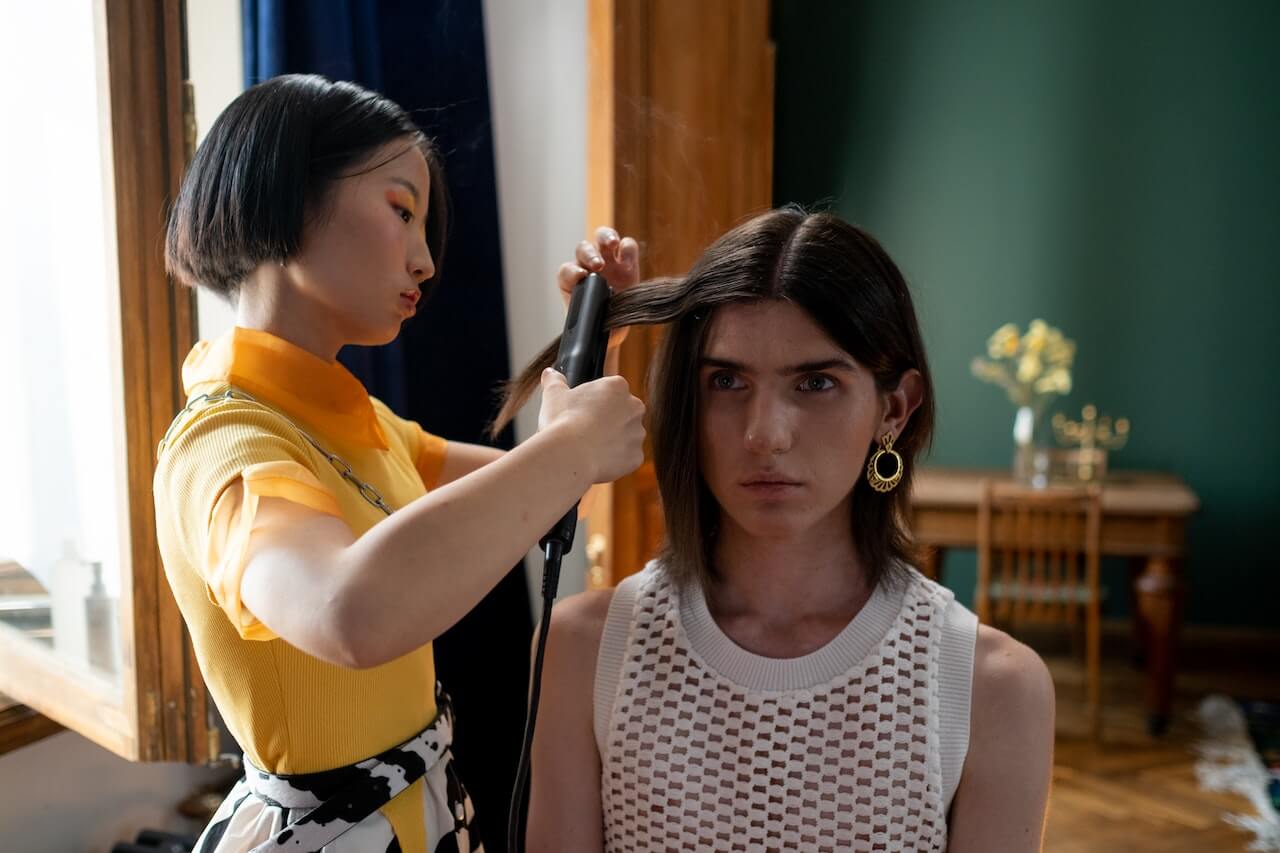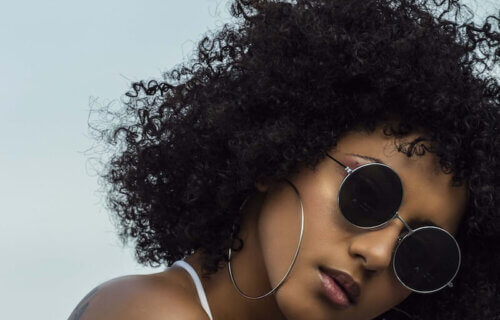INDIANAPOLIS — It can be difficult for black women and others with curly or kinky hair to find hair products that actually work. There’s conflicting advice everywhere, and one product that someone raves about might be the worst thing someone else has ever tried. However, scientists are making things a bit easier by identifying specific properties that could eventually help people pick the perfect hair products.
“As an African American, I was born with very curly, seemingly unmanageable hair, and other ethnicities can possess similar hair properties,” says Michelle Gaines, Ph.D., the project’s principal investigator, in a media release.
Like many black women, Gaines used to rely on chemical relaxers to straighten her hair throughout her life. This stopped when she became pregnant. She then had to pick the right product out of the sea of options available. Between conflicting advice, YouTube tutorials, and limited information about best options in general made matters worse.
“As a polymer chemist and materials scientist, I thought it would be great to start a project where I could study the nuances of my hair, because I felt like it wasn’t very well understood,” she says.

Scientists figure out the math to straighten hair
Gaines and her team measured the mechanical properties of wavy, curly and kinky hairs with a texture analyzer and a mechanical analyzer. These tools are capable of measuring force, stress, and other factors. The team also conducted a “stretch ratio,” a new parameter they developed to quantify and compare the force required to uncurl a strand until it straightens. That ratio was negligible for straight hair, about 0.8 for wavy, 1.1 for kinky, and 1.4 for curly. These figures can help to quantify differences between the various types of hair.
The team also measured diameter, cross section, and 3D shape of strands using optical microscopy, scanning electron microscopy (SEM), and a camera. Additionally, researchers developed contour measures, which included the number of complete waves, curls, or coils measured on three-centimeter hair lengths.
Results show that wavy hair has less than one full contour, curly has close to two, and kinky or coily has around three or more. Gaines says that this means contours could possibly help people accurately classify their hair.
Most recently, Gaines has started examining the layer that protects the surface of hair fibers, the cuticle. When exposed to water, shampoo ,and conditioner, cuticles usually open and lift. However, excessive exposure can damage them permanently and lift them up for good. Findings from this work show that cuticle layers are larger, more spread out, and smoother in wavy hair than in curly and coily hair.
This could help explain why the curlier the hair, the quicker it dries out. Gaines looks ahead to using these findings for helping those with curls and kinks find the best product for them.
Study authors presented their findings at the spring meeting of the American Chemical Society.

